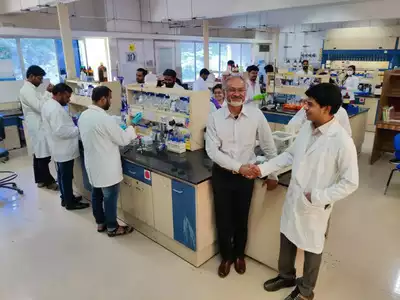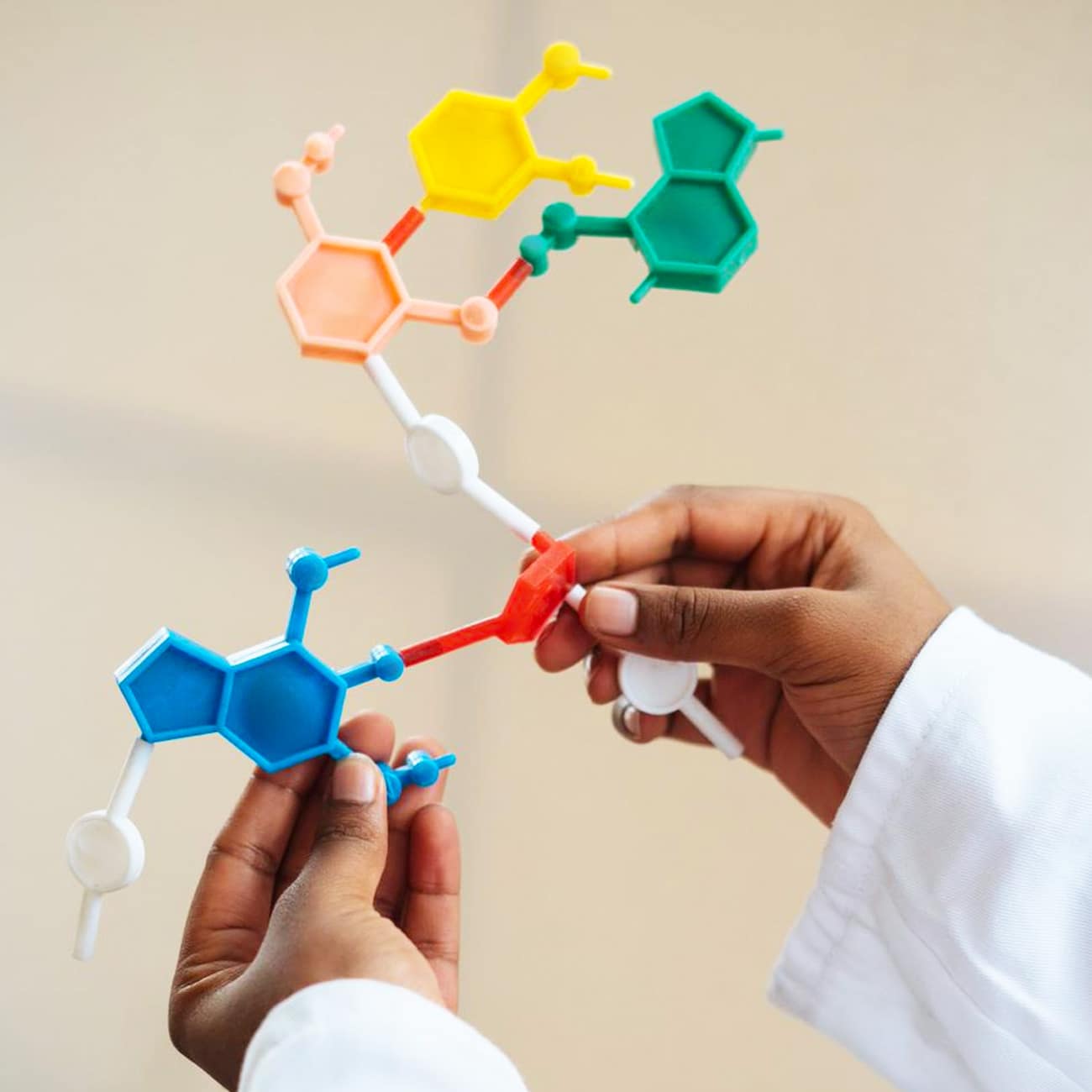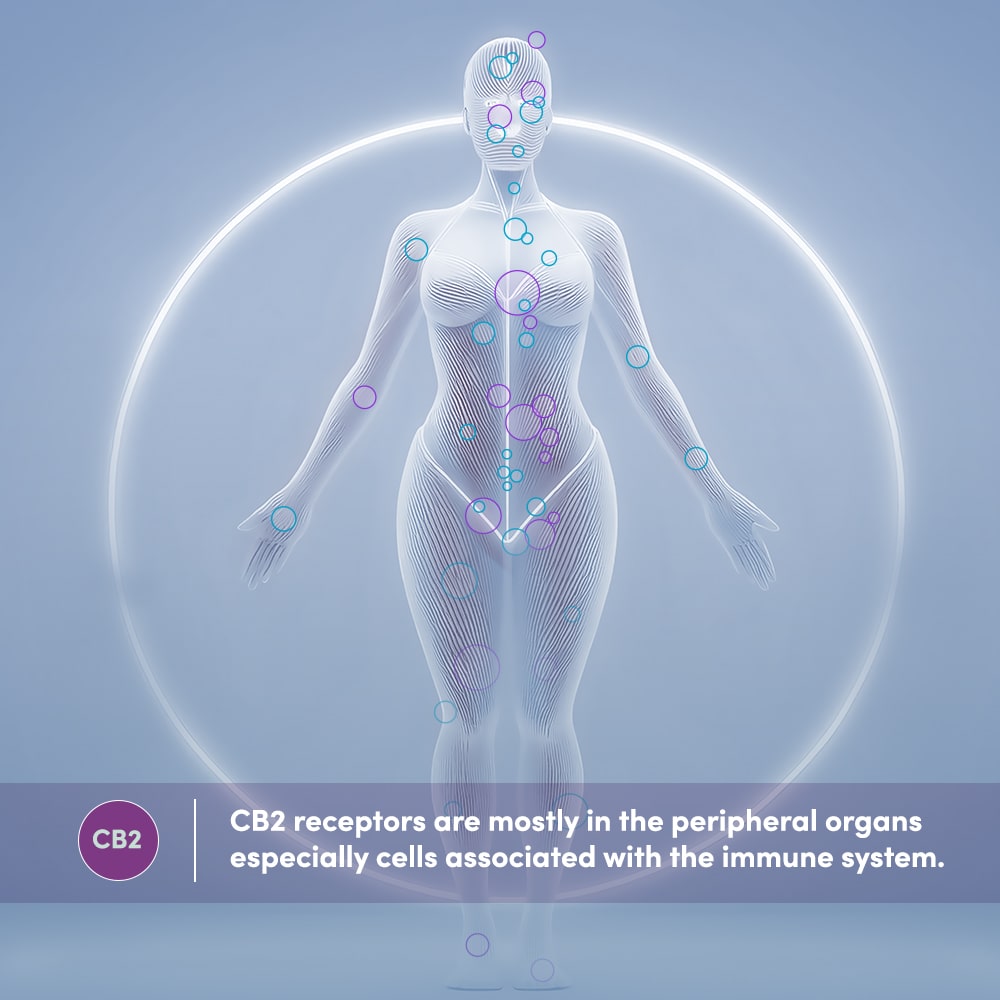Ten days after receiving a National Technology Award in Translational Research for developing a drug candidate for Alzheimer’s Disease (AD), Bengaluru-based scientist Prof T Govindaraju said a licensed producer was on course for clinical trials.
The professor attached with the Bioorganic Chemistry Laboratory at the Jawaharlal Nehru Centre for Advanced Scientific Research (JNCASR) and his team of scientists had in 2021 developed a new molecule — called TGR63 — with the ability to disrupt the mechanism that makes neurons dysfunctional in AD.
“The timeline has not been finalised but I understand that the clinical trials on primates could happen over the next six months to a year,” Prof Govindaraju told
AD, a progressive brain disease, is marked by abnormal accumulation of proteins, including amyloid, leading to the disruption of cell functions. Prof Govindaraju and his team designed and synthesised a set of molecules from which a lead candidate was identified as rescuing neuronal cells from amyloid toxicity.
The efficacy of TGR63 was validated with tests that showed reduction of amyloid deposits in AD-affected mice brains.
On May 14, Prof Govindaraju received the Government of India-instituted National Technology Award for “outstanding contribution in commercialising innovative indigenous technologies” from the Minister of State for Science and Technology and Earth Sciences, Dr Jitendra Singh.

“It is significant that this molecule was conceived, designed and developed entirely in India,” Prof Govindaraju said. The Dobbaspet-born professor did his PhD at CSIR-National Chemical Laboratory, Pune, and post-doctoral research at the University of Wisconsin-Madison, USA, and the Max Planck Institute of Molecular Physiology in Dortmund, Germany.
Work on the drug candidate is set to progress when positive trials and FDA approvals are setting off expectations around potential therapies for AD, the leading cause for dementia. The WHO estimates that the world has more than 55 million people with dementia, over 60 per cent of whom live in low- and middle-income countries.
“Coming from a rural background, I hope to see these breakthroughs inspire more youngsters (to take up science as a career),” Prof Govindaraju said.







